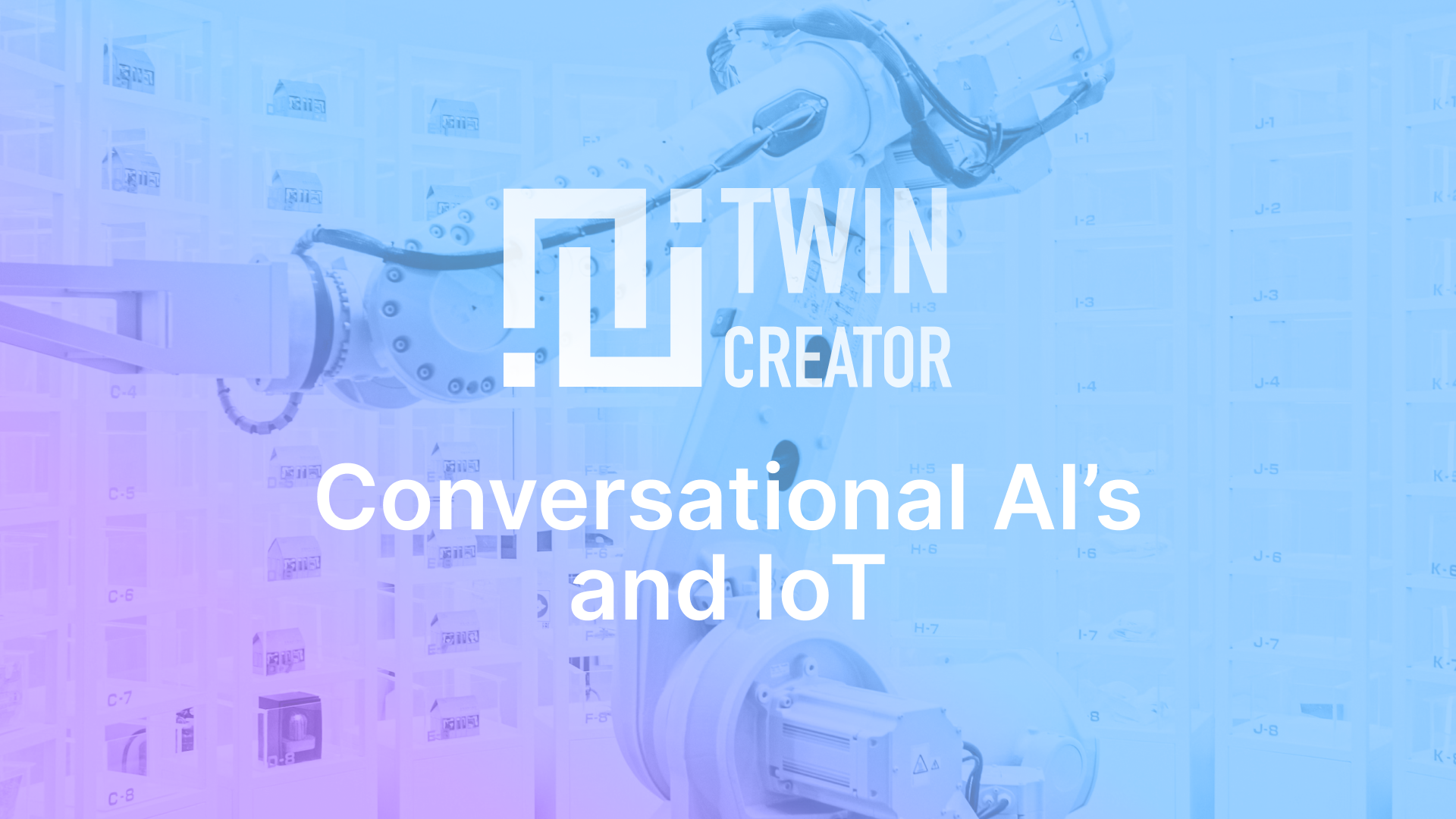
🚀 MemoryTwin and TwinCreator are now AIsuru! The products featured in this article have evolved into our new conversational AI platform - more powerful and comprehensive than ever.
In this article we discuss how conversational AI, especially when made more accessible through solutions like TwinCreator, can offer tremendous opportunities in the IoT field.
The Internet of Things (IoT) and Artificial Intelligence (AI) are reinventing the business world, creating extraordinary opportunities to develop innovative solutions. In particular, conversational AIs, which act as intuitive interfaces between users and IoT devices, are transforming multiple industries.
However, developing conversational AIs for IoT from scratch can be a complex undertaking that requires specialized skills in programming and artificial intelligence.
Fortunately, solutions like TwinCreator come to the rescue. In fact, TwinCreator is designed to simplify the creation of conversational AI, even for those without special programming skills.
TWINCREATOR: SIMPLIFYING THE CREATION OF CONVERSATIONAL AI
In its primary use case, TwinCreator follows a no-code approach, allowing companies to develop tailored solutions without having to write a single line of code.
However, for more advanced use cases, TwinCreator can integrate with external systems, such as IoT devices, through features such as 'dynamic intents' and its API, allowing companies to easily create sophisticated conversational interfaces for their products. This makes interaction with the IoT more intuitive and user-friendly, benefiting end users.
But how can conversational AI be used in the IoT?
Let's look at some specific use cases.
INNOVATIVE USE CASES OF CONVERSATIONAL AI IN IOT
Smart Home
Companies can develop conversational agents that allow users to control smart home devices with voice or text commands, such as adjusting the thermostat, checking device status, etc.
Automotive
Automakers can leverage TwinCreator to create conversational AI that interacts with in-vehicle systems, allowing users to control various vehicle features or monitor vehicle conditions.
Manufacturing and logistics
Conversational AIs can interact with manufacturing plant control systems, providing real-time feedback and optimizing processes. In logistics, they can help monitor the status of delivery vehicles or control inventory in real time.
Retail
In the retail sector, a conversational agent can offer personalized customer service by helping customers find the products they want, providing personalized suggestions or answering product questions.
Conclusions
In conclusion, conversational AI is revolutionizing the way companies interact with the IoT. Thanks to platforms such as TwinCreator (now AIsuru), developing personalized conversational agents has become a much easier process, offering companies an effective way to create innovative solutions and improve customer interaction and operational efficiency.